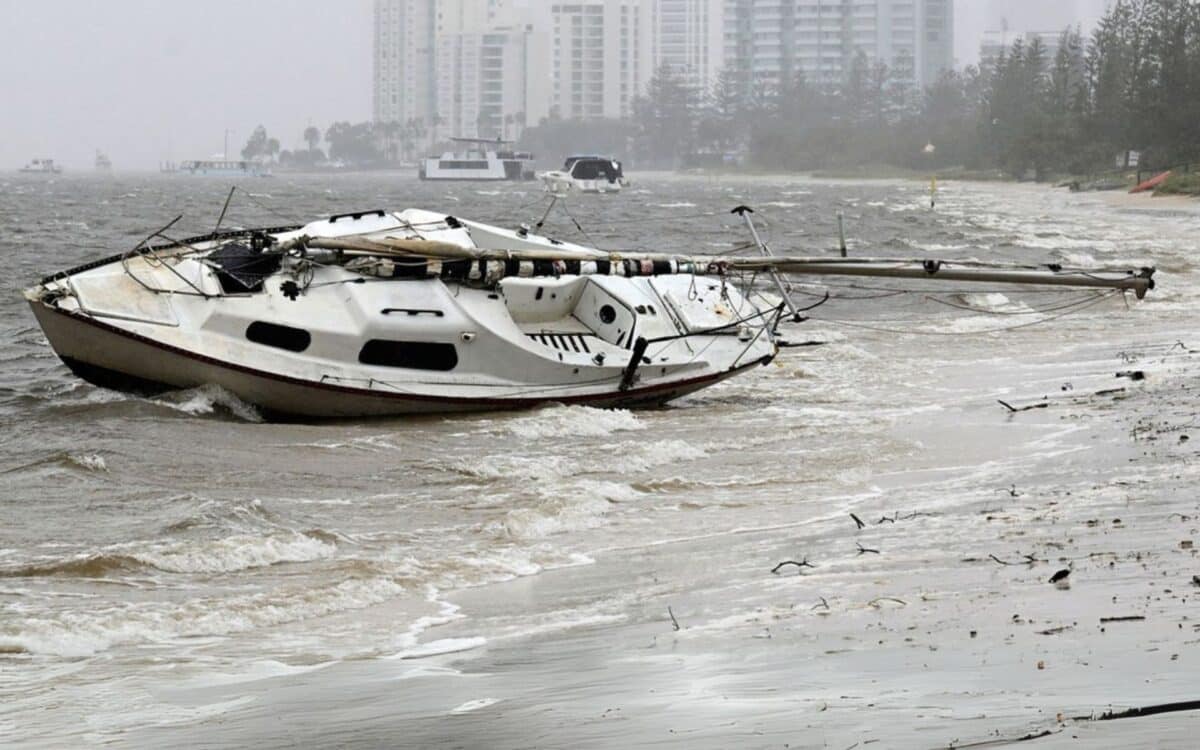Australians recovering from ex-Tropical Cyclone Alfred have been warned to stay alert as scammers attempt to exploit the disaster. Authorities and major banks have reported an increase in fraudulent activities targeting both victims and those looking to donate.
According to MPA Mag, financial institutions have observed a surge in phishing scams, fake charity appeals, and fraudulent relief offers, all designed to deceive those affected by the storm.
As recovery efforts continue, experts caution that scammers often use urgency and distress to manipulate individuals into sharing sensitive information or making illegitimate payments.
Fraudulent Schemes Targeting Disaster Victims
Following natural disasters, scammers often take advantage of displaced and vulnerable individuals, presenting fraudulent offers of financial aid or impersonating government agencies and charities.
According to Westpac’s head of fraud prevention, Ben Young, such schemes often appear immediately after major events when people are most in need of support.
Scams linked to Cyclone Alfred include fake insurance claims, government rebates, and donation appeals. Fraudsters may pose as entities like Centrelink or the Australian Taxation Office, promising financial assistance in exchange for personal information.
Methods Used by Scammers
The Customer Owned Banking Association (COBA) has highlighted the risk of phishing scams, where fraudulent emails, text messages, or social media posts direct users to fake websites designed to steal personal and financial data.
Scammers may also call individuals, pretending to be from banks, insurance providers, or disaster relief agencies, and request sensitive information such as passwords, banking details, or security codes.
Bank Warnings and Protective Measures
ANZ’s head of customer protection, Shaq Johnson, has advised Australians to verify any messages they receive from banks, charities, or disaster recovery organisations.
He emphasized that scammers thrive on urgency and uncertainty, making it essential for individuals to pause and verify before responding to unexpected requests.
Banks, including Westpac and ANZ, have issued several recommendations to help Australians avoid falling victim to scams. They advise individuals to verify sources by using official websites to confirm the legitimacy of messages and donation appeals.
People should also be cautious of unsolicited contacts, as banks and charities will never request sensitive information through text messages, emails, or social media.
Additionally, authorities warn to watch for red flags, such as poor grammar, vague messaging, and urgent requests for money, which are common indicators of fraud.
If a scam attempt is suspected, individuals should immediately report the activity to their bank and notify Report Cyber to prevent further incidents.









